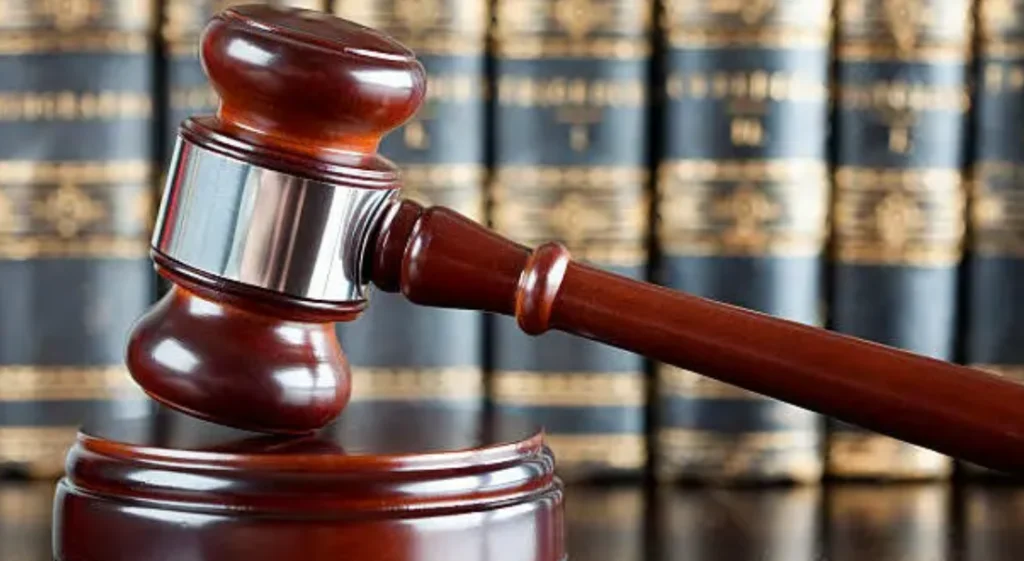A three-judge panel from the United States Court of Appeals for the Second Circuit denied Sam Bankman-Fried’s (SBF’s) motion for early release, calling the arguments behind the motion for release “unpersuasive.”

In an order dated September 21, Circuit Judges John Walker Jr., Denny Chin, and William Nardini denied SBF’s request for early release, which his legal team argued was primarily based on First Amendment concerns.
The ruling stated that SBF’s criminal case judge, Lewis Kaplan, had “correctly determined” that Bankman-Fried’s speech constituted witness tampering.
The September 21 order stated, “The record demonstrates that the district court carefully considered all relevant factors, including [Bankman-Fried’s] pattern of behavior over time, which required the district court to tighten the conditions of release repeatedly.”
“It also shows that the district court considered a less restrictive alternative offered by [SBF]—an order limiting his communications with the press—but concluded this was not a “workable solution over the long term.”
The assessors continued:
“[T]he district court did not err in concluding that [SBF] had failed to rebut the presumption in favor of detention. We have reviewed [the defense team’s] additional arguments and find them unpersuasive.”
Prosecutors labeled Bankman-Fried’s disclosure of former Alameda Research CEO Caroline Ellison’s private journals to a New York Times reporter, culminating in the publication of some of their contents, as witness intimidation.
The lack of consistent Internet access prohibited SBF from preparing an adequate defense for his criminal trial, according to SBF’s attorneys, who also argued for his early release.
Following a hearing on September 19 in which the Justice Department and SBF’s defense team each had approximately five minutes to argue for the former FTX CEO’s continued incarceration or early release, respectively, the court deliberated on the matter.
On August 11, Judge Kaplan revoked SBF’s $250 million parole and remanded him to the Metropolitan Detention Center in Brooklyn.
The appellate court’s decision was likely one of the last opportunities for Bankman-Fried to be released before his first criminal trial on October 3 — less than two weeks away. His second trial will likely begin in March 2024. He has entered a not-guilty plea for all charges.
